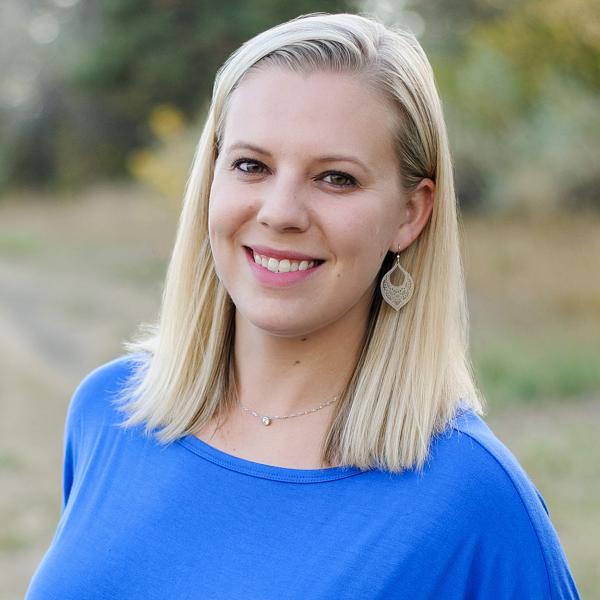Legislative Roundup: “Death with Dignity” Bill Expires, For Now
Emotions ran high on Friday when a crowd of witnesses testified at the Capitol during the hearing for House Bill 1135, the “death with dignity” bill sponsored by Reps. Joann Ginal (D) and Lois Court (D). The hearing was by far the most controversial moment of a week that saw several other health-related bills advance.
The House Public Health Care & Human Services Committee rejected the physician-assisted dying bill, taking it off the table for the year unless a new version is introduced (which is unlikely). Two Democrats, Jessie Danielson and Committee Chair Dianne Primavera, joined the committee’s six Republican members in voting down the bill on an 8-5 margin. Primavera said that while she agreed with the bill’s concept, she believed it was flawed as currently written.
The vote did not come until after 8 p.m., nearly 11 hours into emotional testimony. The committee alternated testimony from witnesses on both sides in an effort to ensure parity during a hearing that all knew would last the full day.
The proposal would have affected physicians, terminally ill patients, and their families and friends. Aside from issues of personal belief and choice, the question of how prescribing lethal medication fits with physicians’ oath to “do no harm” was debated. Doctors came down on both sides of the issue.
Legislators had many questions for the bill’s sponsors. They wanted to know about the age limit proposed by the bill (open to residents over 18 years old), the place of medical power of attorney in requesting life-ending medication for another person, the definition of a “terminal” illness, the plan for safeguards to keep lethal medication out of the wrong hands, and whether Colorado could become a destination for “suicide tourism.”
Many terminally ill Coloradans and their family members spoke, as did many disability advocates. The hearing also included video testimony from residents who had recently died.
Legislators heard hours of impassioned statements from both sides. Carrie Ann Lucas, representing disability rights group Not Dead Yet, said that “the title of the bill is highly offensive,” as it implies that death by any means other than lethal self-medication is undignified. Lucas and other disability advocates said the bill would jeopardize the disabled community by encouraging physicians, family members or others to push people toward physician-assisted suicide. Critics of the bill also pointed out the need for better mental health care for those who are depressed and the inaccuracy of some terminal diagnoses.
Proponents rebuffed the term “suicide.” John Davis, who is suffering from stage four kidney cancer, argued, “I don’t want to cause my own death; the cancer is doing that.” Dr. David Hibbard, a terminally ill hospice physician from Boulder, said that he honors the choice of people who would reject life-ending medication but that it is not their right to make the choice for him. Dr. Hibbard also said that he doesn’t want to be a burden on his family as his Parkinson’s disease and leukemia advance, a sentiment echoed by others who spoke in favor of the bill. Several witnesses highlighted the lack of problems under Oregon’s Death with Dignity Act, in place since 1997, and asked legislators to put their political agendas aside when considering how to vote.
Ginal said Saturday that she hopes to use Friday’s questions and public testimony to inform a stronger bill, which she would introduce next year.
In a coincidence of timing, Canada’s Supreme Court struck down that country’s 22-year-old ban on physician-assisted dying on Friday morning.
Other health-related developments:
Two of last week’s committee meetings focused on marijuana reports. Representatives from the state’s edible marijuana labeling task force and the Colorado Department of Public Health and Environment shared their findings. See Joe’s blog with more on Tuesday’s presentation to the House Health, Insurance & Environment Committee here.
House Bill 1032, which seeks to expand the types of professionals allowed to provide mental health care to minors, passed the full House and will next be assigned to a Senate committee.
House Bill 1075, aiming to allow registered naturopathic doctors to treat children, is headed to the House floor following a 9-4 vote in the House Health, Insurance & Environment Committee.
House Bill 1097, which would extend the Fetal Alcohol Spectrum Disorders Commission, was referred to the Appropriations Committee on an 11-2 vote in the House Public Health Care & Human Services Committee.
House Bill 1111, seeking to create a Maternal Mortality Prevention Committee, is also moving to Appropriations. The vote was 7-6 in House Public Health Care & Human Services.
Senate Bill 71, which would allow pharmacists to substitute equivalent medication to that prescribed by doctors, passed the full Senate and will be assigned to a House committee.
Senate Bill 74, proposing to require health care facilities to disclose direct pay prices for health services, passed the Senate Health & Human Services Committee 4-0 and is on its way to the full Senate.
Several other bills we’re watching have been scheduled for committee hearings in the next two weeks, so stay tuned for updates.

